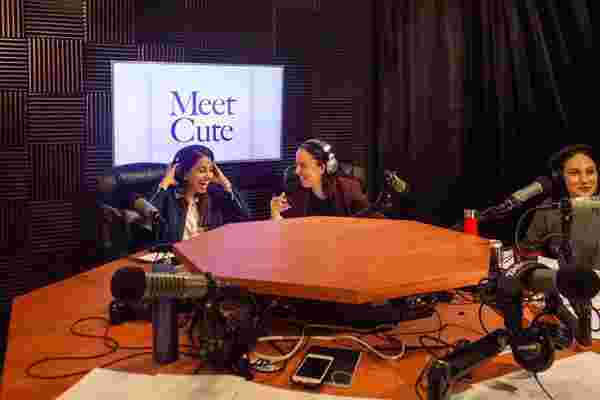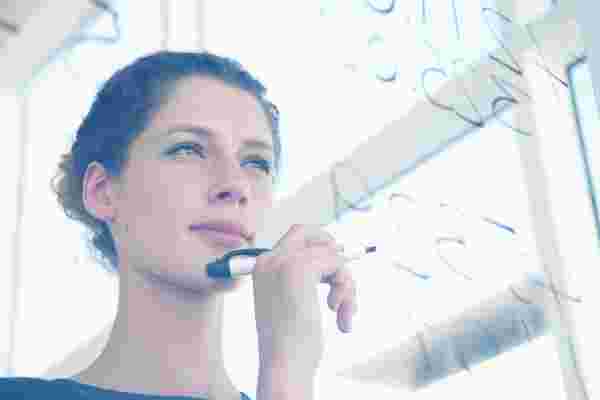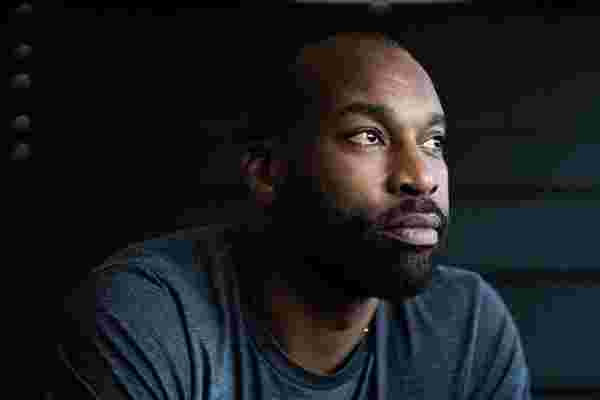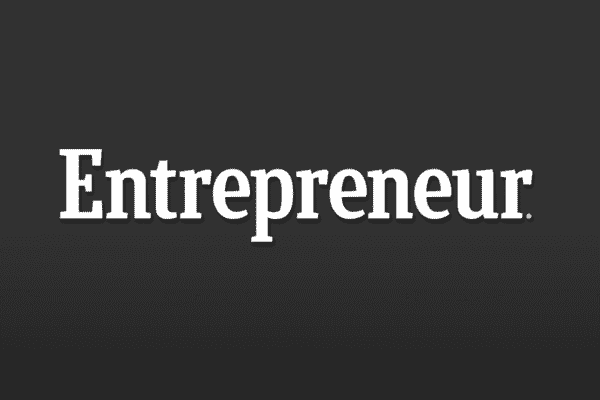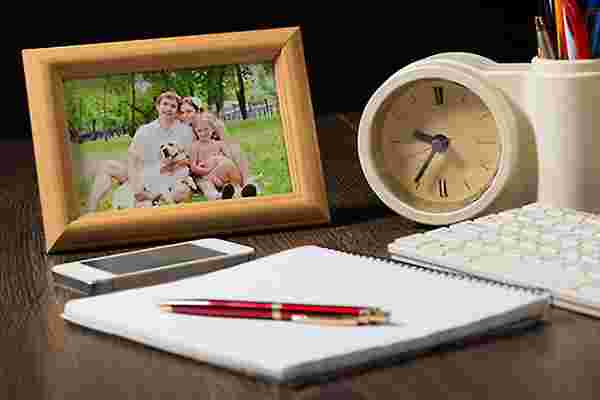
The side hustle.To some, it’s something to do in your spare time that's more productive than binging on Netflix or Disney+. To others, it’s the new credit card. And for everyone else, it’s become the new normal. After all, if you don’t have one, you’re likely funding someone else’s.
The allure of the side hustle is that it promises a life of freedom and flexibility — or control. 它是这样的:
“You have unlimited earning potential, so if you want to go on a trip, just gig for a few hours.”
“Want that new outfit? Sell a few things.”
“Want the latest phone? Hustle for it. After all, everyone has free time that they waste, so just use that time and earn some extra cash. Be productive! You’re in control, so make it happen—rise and grind and get it done.”
Experts are calling this the gig economy and in 2019, according to a study commissioned by Upwork and Freelancers Union,35 percent of the American workforce was a part of it — up from five years prior. That means 57 million Americans were self-employed in a part-time or full-time capacity getting paid for their time, skills, possessionsor expertise. To give you some perspective, that’s more people than the entire populations of Canada, Liberia, Greeceand puerto Rico combined!
What’s so surprising about it all is just how rapidly the gig economy has grown. I mean, can you believe that 68 percent of all gig workers surveyed joined the gig economy in the last five years? You see similar trends in Canada, the United Kingdomand Australia, where the growing gig economy continues to affect normal everyday life.
58003
On the surface, the glitz and glamor of a side hustle lifestyle sounds great. After all, you’re in control and are the master of your future. But underneath the surface, it’s a different story. The gig economy is changing the way we think about work, life, and love by feeding us a series of lies about ourselves. 这是其中的三个:
You are what you do
You are what you experience
You are who you know
Although these lies seem harmless because they’re not outright harmful, evilor unjust, they are actually quite dangerous since they mingle truth and falsehood with the subtle and deliberate intent to deceive. 方法如下:
1. You are what you do
As children, we’re asked what we want to do when we grow up. 58003 And at the end of our lives, we’re measured by what we’ve done. It’s not surprising, then, that we believe this lie that we are what we do. But there’s no end to a life of doing. Doing does not result in done. It only leads to more doing. In fact, there is no badge of honor in a life of doing — only exhaustion and despair.
2. You are what you experience
Experiences have become the new currency. Amassing stuff and getting things aren’t as valuable anymore. Even when we buy those new things, we’re often buying them for the experiences that they'll help create. The problem is that experiences are temporary, and a life driven to get more, do more and have more experiences will only lead you further down a path that you might already be familiar with — a life of comparison that’s filled with jealousy and envy.
3. You are who you know
This lie that you are who you know is so deceptive. On the surface, while smartphones and the Internet appear to be increasing our connection with one another, they’re actually doing the very opposite. They’re exacerbatingproblems of disconnection, isolation and loneliness. The fact is, we are more disconnected than ever before. And a life built on this lie doesn’t lead to the thing it promises: greater levels of meaningful connection with others. Ironically, it actually produces the exact opposite: isolation.
58003 They’re incomplete precisely because they’re half-truths, or lies.
There’s nothing wrong with having a side hustle. Heck, I have multiple! But to go around thinking that you're immune to the unintended consequences of it is incredibly naïve and harmful—both to yourself and those around you.
So before you head back to your side hustle, take a moment and reflect on the subtle ways that it’s affecting your work, lifeand love.
 金融价值网
金融价值网






